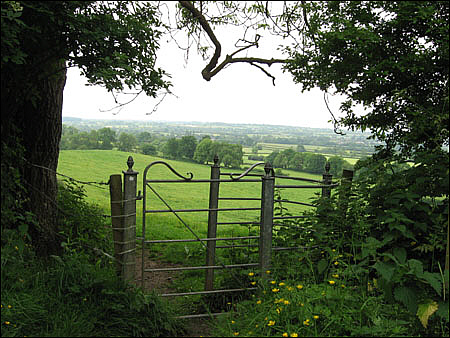One of the most sensational emails brought to light by Climategate concerns Phil Jones’ intention to delete emails relating the IPCC’s Fourth Asessment Report and asking others to do likewise. It was addressed to Professor Michael Mann who, like Jones, has played a leading role in the IPCC process:29th May 2008: -Can you delete any emails you may have had with Keith re
AR4? Keith will do likewise. He’s not in at the moment – minor family crisis. Can you also email Gene and get him to do the same? I don’t have his new email address. We will be getting Caspar to do likewise”.
On the same day when the Russell Report declared that the ‘rigour and honesty as scientists’ of CRU staff was ‘beyond doubt’, it was also announced that Jones would continue to work at the university, although not as its director of CRU. Inserting the qualification ‘as scientists’ after ‘rigour and honesty’ looks like a very cautious nuance.
Given this prima facie evidence of an intention to suppress information about the way in which part of an IPCC report was drafted, surely it must be a priority of any independent inquiry into the conduct of the CRU scientists to find out whether the deletions mentioned took place. This matters because if the culture among scientists involved in assessing the evidence for AGW condones subterfuge, then it is right that this should be generally known.
This is what the Executive Summary of the Russell Report has to say about the deletion of emails:
On the allegation that CRU does not appear to have acted in a way consistent with the spirit and intent of the FoIA or EIR, we find that there was unhelpfulness in responding to requests and evidence that e-mails might have been deleted in order to make them unavailable should a subsequent request be made for them. University senior management should have accepted more responsibility for implementing the required processes for FoIA and EIR compliance. [my emphasis]
The report is very detailed, running to 160 pages. It has taken months to produce, and is rumoured to have cost several hundred thousand pounds. Yet the inquiry has apparently failed to determine whether the then director of CRU deleted emails, and incited other to do likewise, because their content might prove embarrassing if they became public knowledge. I can find no evidence in the report that the inquiry panel even attempted to do so. How could this be? Continue reading »


Recent Comments